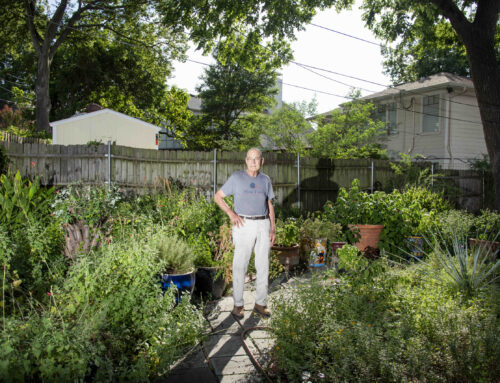This month marks the end of an era in Dallas, as the city cuts garbage collection from twice to once a week. Dallas, for decades, has picked up the garbage two times a week, and as one commenter on our blog noted, we do garbage better than almost any city in the country.
In one respect, though, the change makes perfect sense. Once a week pickup, combined with once a week recycling, is cheaper and more environmentally friendly, and we certainly need both of those.
But I’m reminded of one of the first lessons I learned when I started writing about politics, back in the typewriter and carbon paper days: People may not vote. They may not pay much attention to budgets or city council meetings. But they do notice when their garbage doesn’t get picked up.
Which raises the question: Despite all the travails and crises we’ve had over the past several years, and despite the seeming lack of concern from most residents, what happens if once a week pickup doesn’t work? What happens if city officials, eying the budget, follow through on a proposal to eliminate monthly bulky trash pickup? Will those changes finally send voters to the polls? Will they be the triggers that change the city’s political landscape?
In fact, garbage pickup is a sensitive issue in cities around the country, budget woes or not. New York City still picks up garbage two to three times a week, despite its fiscal problems (and it has had a mandatory recycling program since 1986). In Chicago, where I learned the importance of garbage collection, the city has long resisted using the automated trucks that we use here, and still has three employees to a truck to provide what it calls “better service” — despite massive budget cuts elsewhere.
I also learned, in researching this story, that Chicago, which has one of the largest Polish-speaking populations outside of Warsaw, offers garbage pickup instructions in Polish, and that Los Angeles provides curbside horse manure pickup for $10 a month. I’m telling you — garbage deserves much more attention that it gets.
The point, of course, is that garbage doesn’t get much attention until it is a problem. No one in Houston, which collects garbage once a week, probably thinks the city is underserved. But what happens there when the city converts its pilot recycling program to full-time, and then cuts back on regular pickup? I’d imagine we’d hear the howls up here.
Will we hear them here? Consider garbage pickup in Los Angeles, which seems to be the model that city officials are studying. L.A. residents have once a week collection and mandatory recycling, and it seems to work. It’s often held up as an example of how to do garbage more cost effectively, and city officials say they lead the country’s biggest cities with a 65 percent recycling rate. Dallas, by comparison, is sixth at 44.6 percent.
What L.A. doesn’t have is regular bulk pickup. Rather, it’s divided into three parts — bulk pickup, an annual “yard trimmings” pickup, and something called “Move In-Move Out” service. In each case, pickup is by request only and the instructions are not always simple. You need to call ahead of time, fill out forms, and, for some services, present a list about the pickup. And woe unto those who don’t take the garbage out on the correct day.
Finally, there is this, which will send a shudder through anyone who does yard work: “All yard trimmings must be bundled and tied, no longer than 4 feet long and no heavier than 30 pounds.”
That would be ironic, wouldn’t it, if that was the shot that launched a revolution? We overlook closed rec centers and potholes, but don’t mess with grass clippings.





